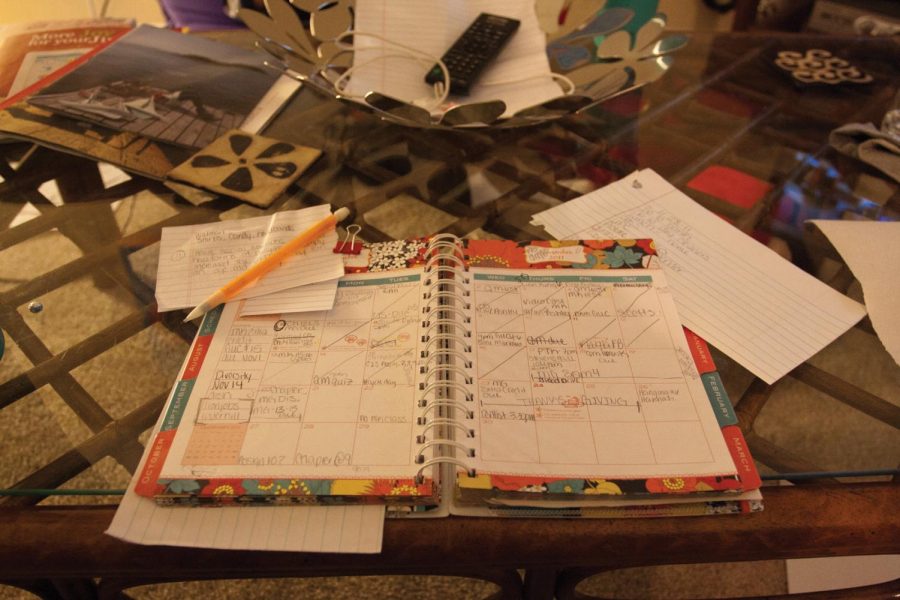Time management plays vital role in stress, grades, health
December 1, 2011
College can be a great time to try new things and step out of one’s comfort zone to find their place in the world. However, with so many campus and community clubs and organizations, it’s easy to quickly become overwhelmed when students find their to-do list outweighs the amount of time they have to actually complete it.
An article by USA Today lists two simple but important pieces of advice on coping with a busy schedule. First, students need to learn to simplify and decide what is most important to them. When choosing clubs and organizations to join, students should choose those that have something to do with their major or ones that they are passionate about.
Student Government Association President Ralph Akalonu knows all about busy scheduling and the importance of planning. Akalonu is a senior at UNA double majoring in biology and history and a member of Alpha Phi Alpha fraternity.
“As I became more involved on campus, it was pretty much forced on me to figure out how I had to delegate time to these organizations,” Akalonu said. “Figure out which is most important-which is schoolwork-and everything else falls under that … allocate your time accordingly to the level of importance.”
Second, be truthful. Most college students don’t realize you don’t have to please everyone. Be honest. It’s OK to admit you’re overwhelmed. If someone reaches out to you for a favor and you just simply do not have the extra time in your schedule, it’s OK.
The end of the semester is here and final exams begin next week. For many college students this brings on a sense of panic. A good tip is to go ahead and fill in your calendar with test dates and schedule study times; that way, you don’t overschedule yourself and commit to too much during these already stressful times.
“I think students, especially new students, go to classes a few hours a day with a lot of time in between and don’t take advantage of that time,” said Heather Unger-Robertson, learning support coordinator and academic advisor with the Center for Advising and Retention Services. “In all my workshops, I tell students they have to study a little each day.”
Robertson teaches study skills workshops on time management at UNA. Using your time wisely takes skills and practice. If you ever wonder how you can manage your study time to make more time for you, the following are some tips from Robertson:
“Start now, don’t put it off. Use class time as study time. Reviewing your notes after class is a huge time saver. Make it a priority to review your notes within 24 hours of writing them. Research shows that, doing this, you are more likely to store that information in your long-term memory. Finally, write it down and plan. It’s important to schedule everything and prioritize.
“I think this is the secret of a successful student,” Robertson said.
“I think, as students, you can only improve; you can’t be perfect at it,” Akalonu said. “Even today, I am still improving on how to manage my time well.”












